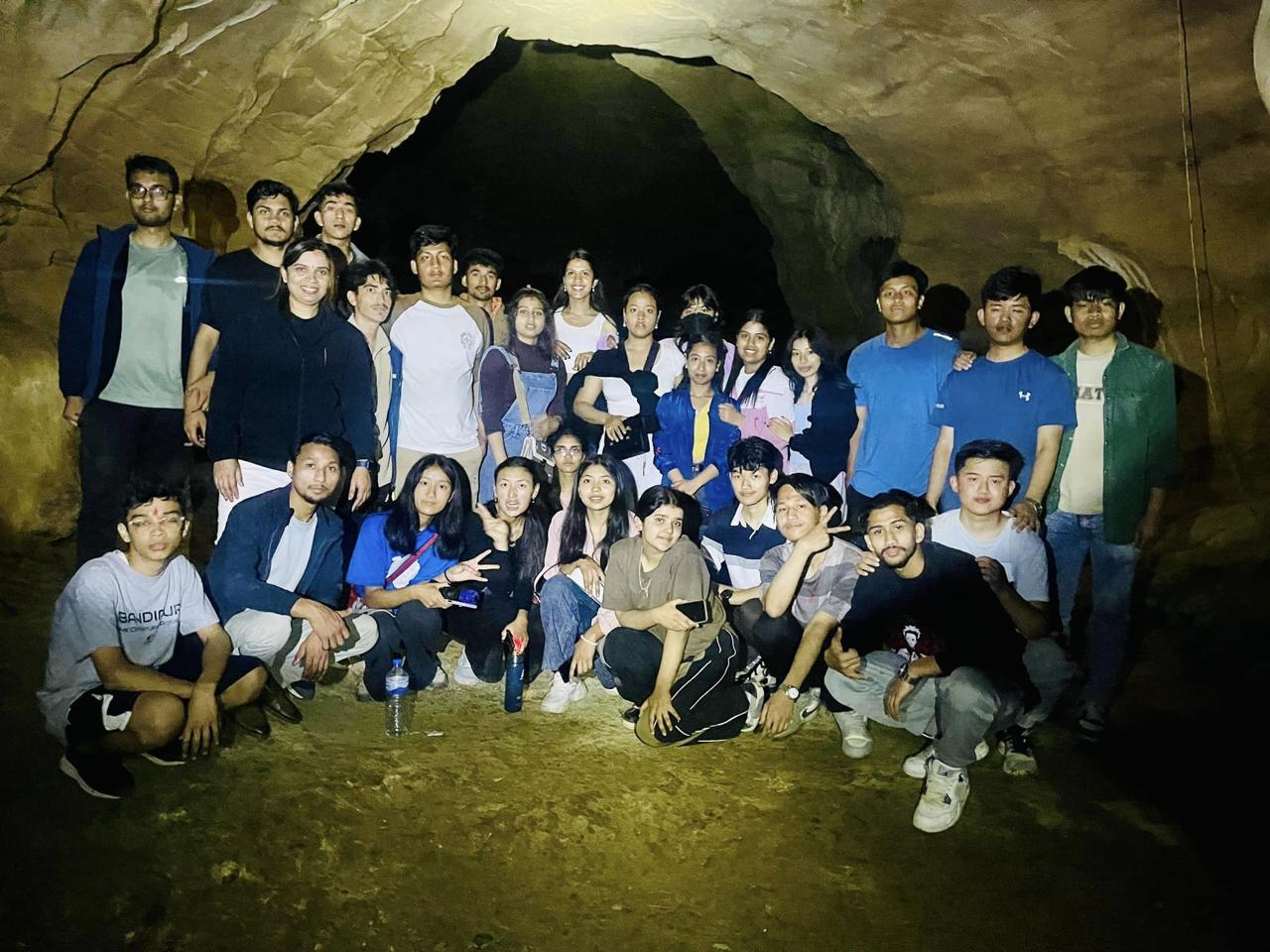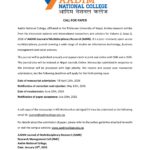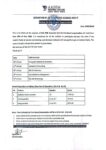Objectives
Develop a Strong Theoretical Foundation:
Equip students with a solid understanding of core concepts in computer science and information technology, including programming, algorithms, data structures, computer networks, and database management.
Foster analytical and problem-solving skills by teaching mathematical foundations and computational theory.
Enhance Practical Skills:
Provide hands-on experience with programming languages, software tools, and hardware components to develop practical skills necessary for IT professionals.
Enable students to design, develop, and manage software systems, databases, and networks through real-world projects and laboratory work.
Encourage Innovation and Research:
Promote research-oriented learning by involving students in innovative projects and encouraging them to explore new technologies and methodologies.
Prepare students to contribute to the field of computer science and IT through research, innovation, and development.
Prepare for Professional Careers:
Equip students with the skills and knowledge required to pursue successful careers in software development, network administration, database management, system analysis, and other IT-related fields.
Develop teamwork, communication, and project management skills to ensure students can work effectively in professional environments.
Promote Ethical and Social Responsibility:
Instill a sense of ethical responsibility and understanding of the social implications of technology among students.
Encourage the responsible use of technology to solve societal problems and improve quality of life.
Facilitate Lifelong Learning:
Encourage students to engage in continuous learning and professional development to keep pace with the rapidly evolving field of computer science and IT.
Prepare students for advanced studies and research in computer science and related disciplines.
Develop Entrepreneurial Skills:
Foster an entrepreneurial mindset by providing knowledge and tools to start and manage IT-related ventures.
Support students in understanding the business aspects of technology and innovation, enabling them to create startups or contribute to the growth of technology-driven companies.
Adapt to Global Trends and Technologies:
Keep students informed about the latest global trends, technologies, and best practices in computer science and IT.
Ensure that graduates are competitive in both local and international job markets by providing them with a globally relevant education.
POPULAR COURSES

BBA (Bachelor in Business Administration)

BSc. CSIT(Bachelor of Science & Information Technology)

BOP (Bachelor of Psychology)

BCA (Bachelor in Computer Application)

10+2(Plus Two High School Programs)

BSW (Bachelor in Social Work)

BBS (Bachelor in Business Studies)
NEWS AND UPDATES

Journal Paper Call Notice-2082

Entrance

Aadim Entrance Result 2082

Notice for Pre-Board Examination
Chat with us
